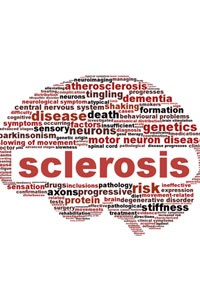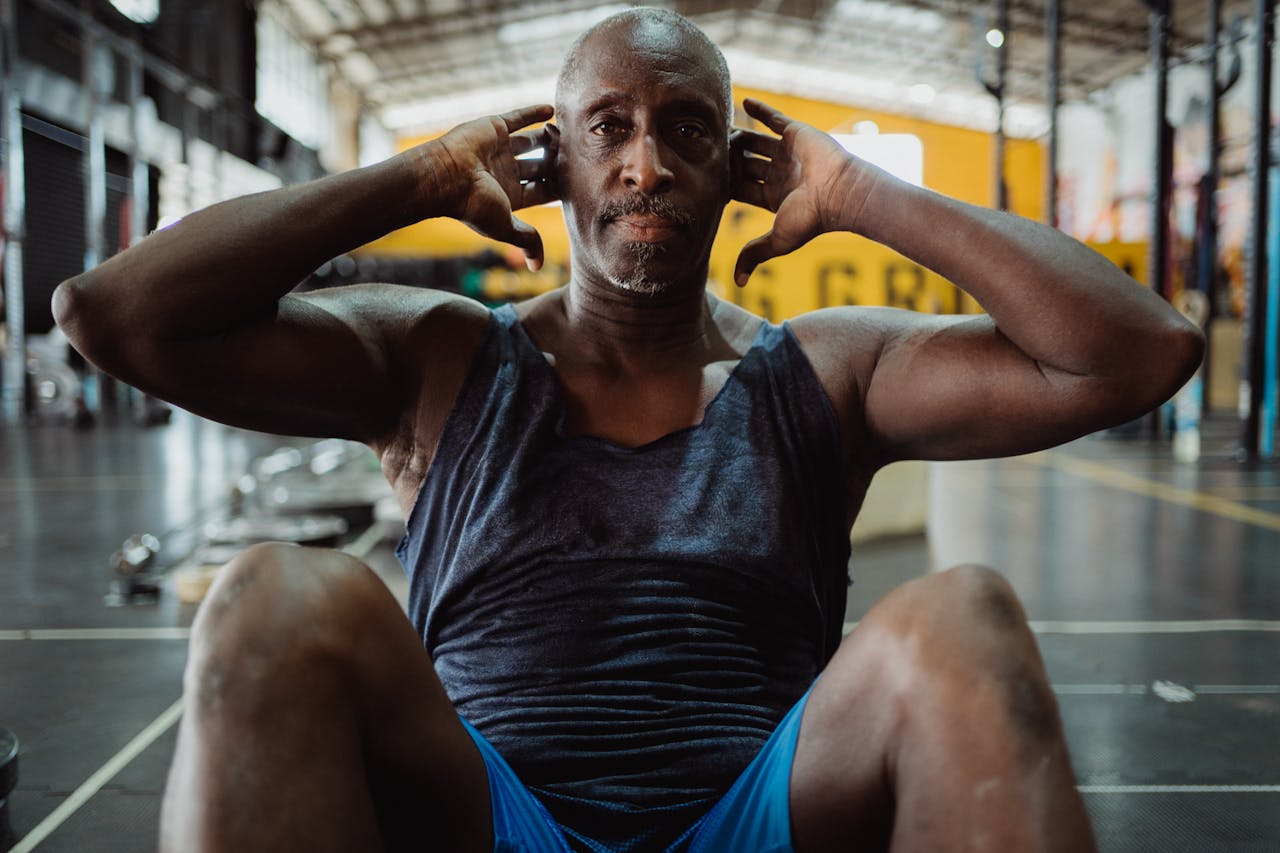Embrace an Open Mindset
In the ever-evolving landscape of health and fitness, maintaining an open mind is paramount. Opportunities for learning are ubiquitous, often emerging from unexpected sources. By welcoming new ideas, concepts, and challenges, professionals can stay at the forefront of industry advancements. This receptiveness not only enhances personal growth but also enriches the services provided to clients, ensuring they benefit from the latest evidence-based practices. The ability to adapt to new knowledge and implement it effectively separates the most successful professionals from those who stagnate. Remaining flexible in thought and application is a hallmark of expertise.
Leverage Diverse Educational Resources
The digital age offers a plethora of platforms for acquiring knowledge. Health and fitness professionals should utilize various mediums, including books, webinars, online courses, and social media channels. Organizations like the American Council on Exercise (ACE) provide continuing education programs that are both comprehensive and accessible. Engaging with these resources ensures practitioners remain informed about current trends and research findings, thereby enhancing their professional competence. Consistently integrating new information into daily practice allows for continuous improvement, ensuring that clients receive cutting-edge training methodologies and evidence-based health strategies.
Participate in Professional Gatherings
Attending industry-specific conferences, seminars, and workshops is invaluable. These events offer a platform to absorb cutting-edge information, observe emerging trends, and network with peers. For instance, the annual Optima Conference by NASM provides insights into the latest research and practical applications in fitness. Such engagements not only broaden one's knowledge base but also inspire innovative approaches to client care. Engaging in discussions with experts and peers fosters collaboration, enabling professionals to refine their methodologies and enhance their service offerings. Staying active in professional circles strengthens credibility and promotes lifelong learning.
Learn from Peers and Mentors
Every interaction with colleagues and mentors presents a learning opportunity. Engaging in discussions, sharing experiences, and seeking feedback can uncover practical insights that are not found in textbooks. Collaborative learning fosters a community of practice where knowledge is continuously exchanged, leading to improved methodologies and client outcomes. Seeking guidance from seasoned professionals accelerates growth and provides valuable perspectives that might otherwise take years to develop independently. By surrounding themselves with knowledgeable individuals, professionals create an environment that nurtures curiosity, challenges assumptions, and encourages constant evolution in their expertise.
Study Industry Pioneers
The health and fitness field is built upon decades of research and innovation by dedicated professionals. Delving into the works of pioneers provides a historical context and a deeper understanding of foundational principles. This appreciation not only honors their contributions but also informs current practices, allowing professionals to build upon proven methodologies. Understanding past research helps contextualize new advancements, making it easier to differentiate between trends and lasting innovations. By studying the successes and failures of previous generations, fitness professionals can make informed decisions that enhance their effectiveness and credibility.
Explore Interdisciplinary Learning
Insights from other fields can offer valuable perspectives. For example, understanding behavioral psychology can enhance client motivation strategies, while knowledge of nutrition science can improve dietary recommendations. By broadening their educational horizons, professionals can develop a more holistic approach to health and fitness. Incorporating principles from physical therapy, sports medicine, and neuroscience can refine training strategies, making them more comprehensive and effective. Cross-disciplinary learning enhances the ability to address complex client needs, ensuring well-rounded coaching and intervention strategies that contribute to long-term success.
Engage in Professional Development Activities
Active involvement in professional organizations, such as serving on committees or contributing to industry publications, fosters continuous learning. These roles encourage staying updated with the latest research, guidelines, and best practices. Additionally, volunteering within the community can provide practical experience and a deeper understanding of diverse client needs. Taking on leadership positions challenges professionals to stay informed, articulate their knowledge effectively, and mentor others. These experiences not only build confidence and expertise but also contribute to the collective advancement of the health and fitness industry as a whole.
Enhance Observational and Listening Skills
Effective communication is a cornerstone of successful client interactions. Developing keen observational and listening skills allows professionals to better understand client concerns, monitor progress, and adjust programs accordingly. This attentiveness leads to more personalized and effective training interventions. Active listening ensures that professionals fully grasp their clients' goals, limitations, and preferences, allowing them to tailor programs that are both effective and sustainable. By refining these skills, fitness professionals can foster stronger relationships, improve compliance, and ultimately achieve better long-term outcomes for their clients.
Set Personal Learning Objectives
Establishing clear short- and long-term learning goals provides direction and motivation. Whether it's mastering a new training technique, understanding emerging research, or obtaining a specialized certification, having defined objectives encourages continuous professional growth. Creating a structured plan with timelines ensures these goals are systematically pursued and achieved. Goal setting helps professionals remain focused and disciplined in their pursuit of knowledge, preventing stagnation and complacency. By regularly reassessing and refining their objectives, fitness professionals can stay ahead of industry advancements and maintain relevance in a competitive landscape.
Commit to Lifelong Learning
The dynamic nature of the health and fitness industry necessitates an ongoing commitment to education. Professionals should never become complacent with their current knowledge base. Embracing lifelong learning ensures they remain adaptable, informed, and capable of providing the highest standard of care to their clients. The pursuit of knowledge should be ingrained as a professional responsibility, driving continuous self-improvement and excellence. By committing to lifelong learning, health and fitness professionals ensure they remain valuable contributors to the industry, capable of meeting the evolving needs of their clients with confidence and expertise.













